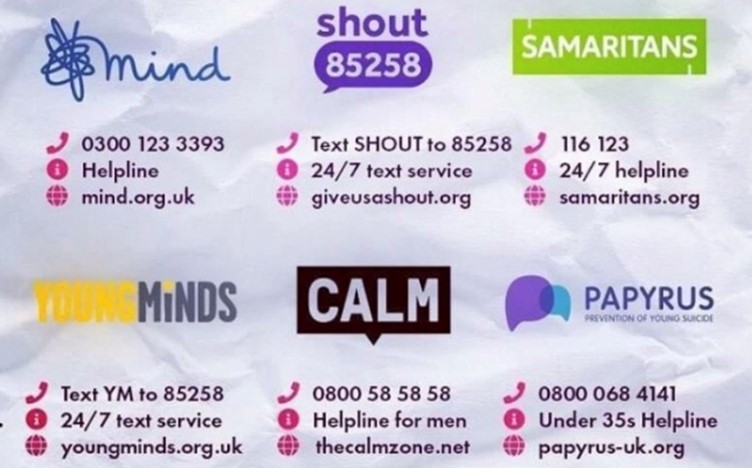An introduction to mental health
Mental health refers to the way we think, feel, and behave. It affects how we handle stress, relate to others, make choices, and manage daily life. Just like physical health, everyone has mental health - and it can be good or poor at different times.
Good mental health means being able to cope with everyday challenges, work productively, maintain relationships, and enjoy life. Poor mental health might include feelings of anxiety, sadness, stress, or hopelessness that don’t go away and start affecting your ability to function.
Mental health is not just the absence of mental illness. Indeed, someone may have a diagnoses mental illness and have periods of experiencing positive mental health. More broadly, mental health is a state of wellbeing that we can all work on through self-care, support from others, and sometimes professional help, when needed.
For more in-depth information on mental health experiences and the supports available, please see our Mental Wellbeing Toolkit.
Information relating to broader aspects of wellbeing can be found in our Student Wellbeing Guide.
Support available
If you are struggling with your mental health, there are various supports and resources available through NESCol;
You can book an appointment with one of our Student Wellbeing Advisors via the Student Support Team section of MyNESCol - here
If you have serious/immediate concerns about yourself or someone else, you can access our 'Report & Support' system
Online, you can explore wellbeing information and have access to Counselling 24/7 by going to Spectrum Life (using the code 'NESCol'). This is also available as a mobile app.
Please note: NESCol-delivered services are only available during the College's regular office hours.
For urgent wellbeing support please phone Samaritans for free on 116 123 (open 24/7) call call the emergency services on 999.
Further external supports can be found here;

Available organisations who can provide mental health support.
